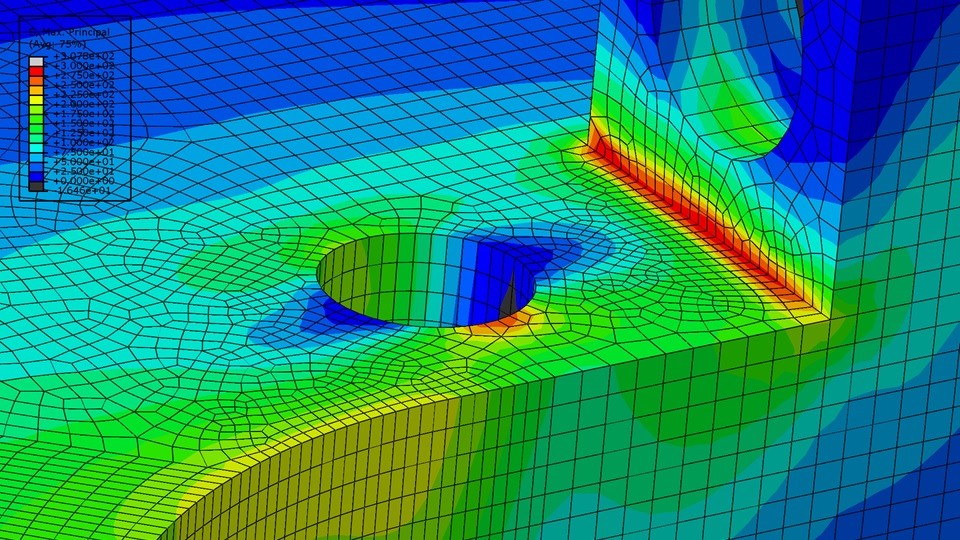Pipeline Scale Deposit Elemental Testing
Understanding pipeline scale deposits is critical in ensuring the integrity and efficiency of oil and gas pipelines. These scales are accumulations of minerals, salts, and other materials that can build up inside pipelines over time, leading to reduced flow capacity, increased energy consumption, and potential safety hazards.
The elemental analysis of these deposits provides valuable insights into their composition, which is essential for optimizing pipeline maintenance schedules, selecting appropriate cleaning agents, and predicting future issues. This service involves the precise determination of trace elements present in scale samples from pipelines using advanced analytical techniques. It helps operators make informed decisions regarding pipe integrity management and operational efficiency.
The process begins with collecting representative scale samples from various locations within a pipeline system. Proper sampling is crucial to ensure that the analysis reflects the overall condition of the pipeline. After collection, these samples are prepared for elemental analysis through meticulous laboratory procedures. This includes cleaning, drying, and grinding the material into fine powder suitable for spectroscopic analysis.
Once prepared, the scale deposits undergo several analytical steps depending on the specific requirements set by industry standards like ISO 17653-2 or ASTM D7854. Commonly used methods include Inductively Coupled Plasma Optical Emission Spectroscopy (ICPOES), which allows for high precision in detecting trace elements down to parts per million levels, and X-ray Fluorescence (XRF) spectrometry for broader elemental coverage.
The results from these analyses provide a comprehensive breakdown of the elemental composition of the scale deposits. This information is then used by pipeline operators to identify potential sources of corrosion or blockages and tailor their maintenance strategies accordingly. By understanding the specific elements involved in forming the scale, operators can select more effective cleaning solutions that target those particular components.
The importance of this service extends beyond just addressing immediate concerns; it contributes significantly to long-term asset management plans by helping prevent costly repairs due to unexpected failures or performance degradation. Moreover, accurate elemental analysis supports compliance with regulatory requirements set forth by organizations such as the American Petroleum Institute (API).
In summary, pipeline scale deposit elemental testing offers a robust approach to managing and maintaining oil and gas pipelines effectively. Through precise chemical profiling, operators gain valuable insights into their systems' health, enabling proactive measures that enhance both safety and operational performance.
Scope and Methodology
The scope of this service encompasses the detailed analysis of elemental compositions within pipeline scale deposits. To achieve accurate results, we employ state-of-the-art analytical instruments capable of detecting even trace amounts of various metals and other constituents present in these scales.
| Methodology Step | Description |
|---|---|
| Sample Collection | Representative scale samples are collected from different parts of the pipeline system. This ensures a broad spectrum of data reflecting the overall condition. |
| Sample Preparation | The collected scales undergo cleaning, drying, and grinding to prepare them for analysis by spectroscopic techniques. |
| Analysis | Advanced instruments such as ICPOES or XRF are used to determine the elemental composition of the prepared samples. |
| Data Interpretation | The raw data obtained from the analyses is interpreted to provide actionable insights into the pipeline's condition and maintenance needs. |
This structured approach guarantees that every aspect contributing to the integrity of the pipeline is thoroughly evaluated, ensuring reliable and consistent results.
Benefits
Pipeline scale deposit elemental testing offers numerous advantages for operators seeking to enhance their maintenance practices. One significant benefit lies in its ability to predict future issues by identifying early signs of corrosion or blockage formation. With this knowledge, operators can schedule targeted interventions before problems escalate into larger-scale failures.
Another key advantage is the optimization of resource allocation. By pinpointing exactly which elements are contributing most significantly to scale build-up, companies can focus their cleaning efforts on those areas rather than treating the entire pipeline uniformly. This not only saves time and money but also reduces unnecessary downtime associated with overhauls or preventive measures.
Moreover, this service supports compliance with regulatory standards set by bodies like API. Regular elemental analysis ensures that operators remain up-to-date with best practices recommended for maintaining safe and efficient pipelines, thereby minimizing risks related to non-compliance penalties or operational disruptions.
In addition to these tangible benefits, there is also an intangible aspect worth noting—the peace of mind provided to decision-makers knowing they have access to accurate information about their assets' health. This confidence fosters better decision-making processes and strategic planning across all levels of management within the organization.
Use Cases and Application Examples
Identifying specific causes behind pipeline inefficiencies, enabling targeted intervention strategies.
Detecting early signs of corrosion or blockage formation to prevent catastrophic failures.
Selecting appropriate cleaning agents based on detected elemental compositions for more effective treatments.
Optimizing maintenance schedules by focusing resources where they are most needed.
For instance, imagine a scenario where an oil company notices reduced flow rates in one of its pipelines. By performing elemental analysis on scale deposits from this section, technicians could discover that high levels of calcium and magnesium compounds have accumulated due to water quality issues. Armed with this information, the company can implement targeted measures such as installing better filtration systems upstream or adjusting treatment protocols downstream.
Similarly, another case might involve a gas transmission network operator who suspects that certain sections may be prone to internal corrosion. Through regular elemental testing, they identify elevated iron concentrations indicative of active rust formation in specific areas. Based on these findings, the organization can prioritize those particular segments for inspection and repair activities, ensuring that maintenance efforts are focused precisely where they will yield maximum benefit.





